After 36 years of redefining what a luxury sedan could be, Lexus has decided to pull the plug on its flagship LS. The car that gave Europe’s big four a scare in the ‘90s will bow out with a final, limited-run Heritage Edition. It’s an emotional full stop for a saloon that quietly set benchmarks in refinement, reliability, and luxury, but without the fuss and fragility that once plagued this segment.
Highlights
-
Lexus LS ends production after 36 years
-
Final model: 2026 LS 500 AWD Heritage Edition
-
Limited to 250 units in the US only
-
Price: $99,280 (~₹82 lakh)
-
Special finish: Ninety Noir exterior with Rioja Red interior
Key Details
The Lexus LS was never the loudest car in the room, but it was often the cleverest. Back in 1989, Toyota’s luxury division introduced the LS 400, and it stunned rivals with levels of build quality, refinement, and technology that German execs could only raise eyebrows at. ABS and traction control, then rare luxuries, came as part of its playbook.
Internally codenamed “Circle F,” the LS project involved 60 designers, 1,400 engineers, and more than 2,000 technicians working without budget constraints. The result was a car that undercut the Germans on price but outclassed them on reliability and craftsmanship.
Through five generations, the LS grew more sophisticated. From the LS 430 that bristled with technology, to the fourth-gen’s clean-sheet engineering, and the final fifth-gen with its hybrid trickery, each iteration refined the formula. But as the world shifted to SUVs and electrification, the LS struggled to stay relevant.
The final bow will be the 2026 LS 500 AWD Heritage Edition, priced at $99,280 (roughly ₹82 lakh), featuring a 23-speaker Mark Levinson sound system and unique cosmetic touches. Only 250 will be built, and only for the US market. After that, no more LS.
Summary
The Lexus LS might not have had the same fanfare as a Mercedes S-Class or BMW 7 Series, but it forced them to raise their game. It made “luxury” less fragile and more dependable, while quietly proving that Japanese engineering could stand toe-to-toe with Europe’s best. Its departure is not just the end of a car, but the closing of a chapter in luxury sedan history. If Lexus can do for EVs what the LS did for saloons, perhaps there’s hope for another quiet revolution.

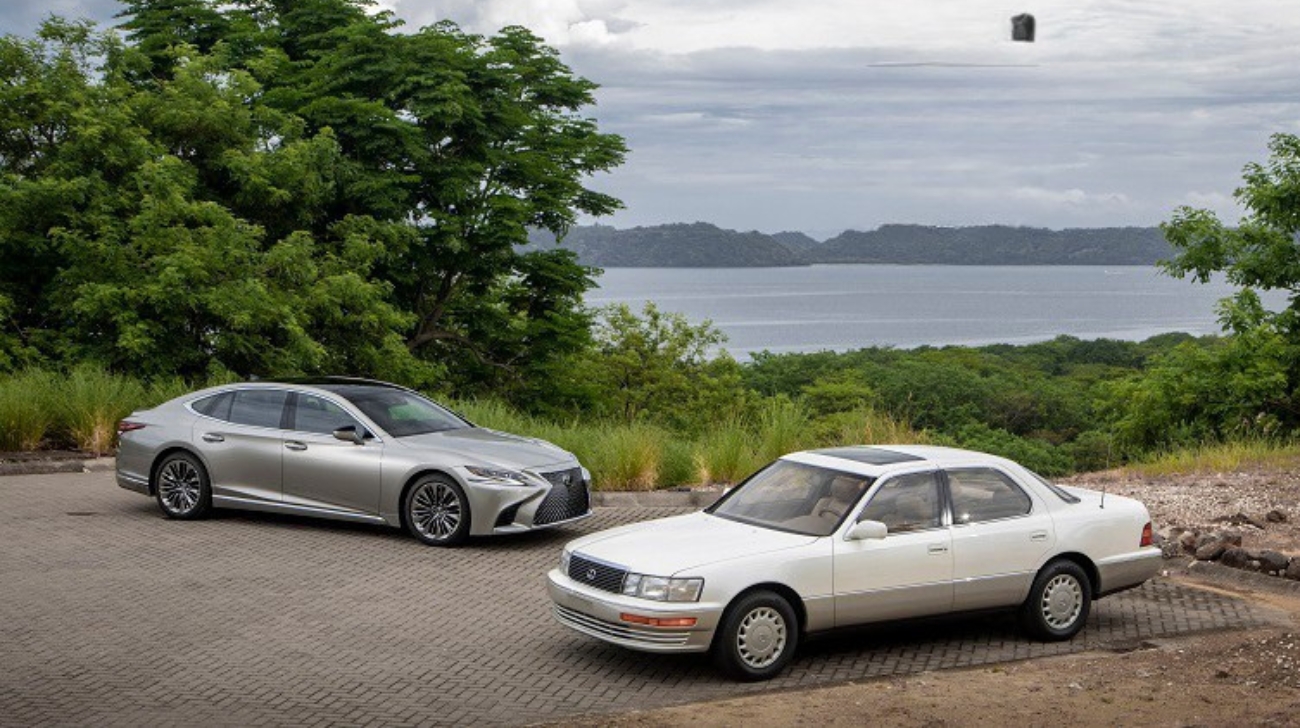
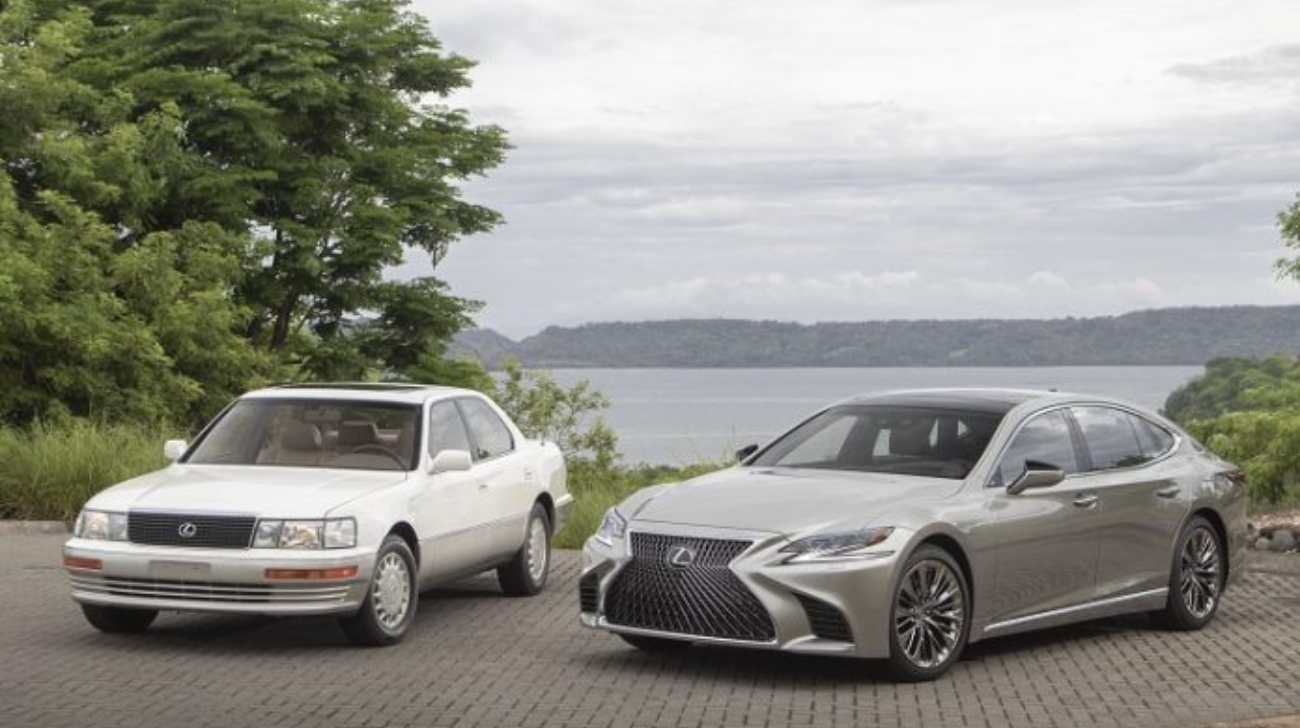
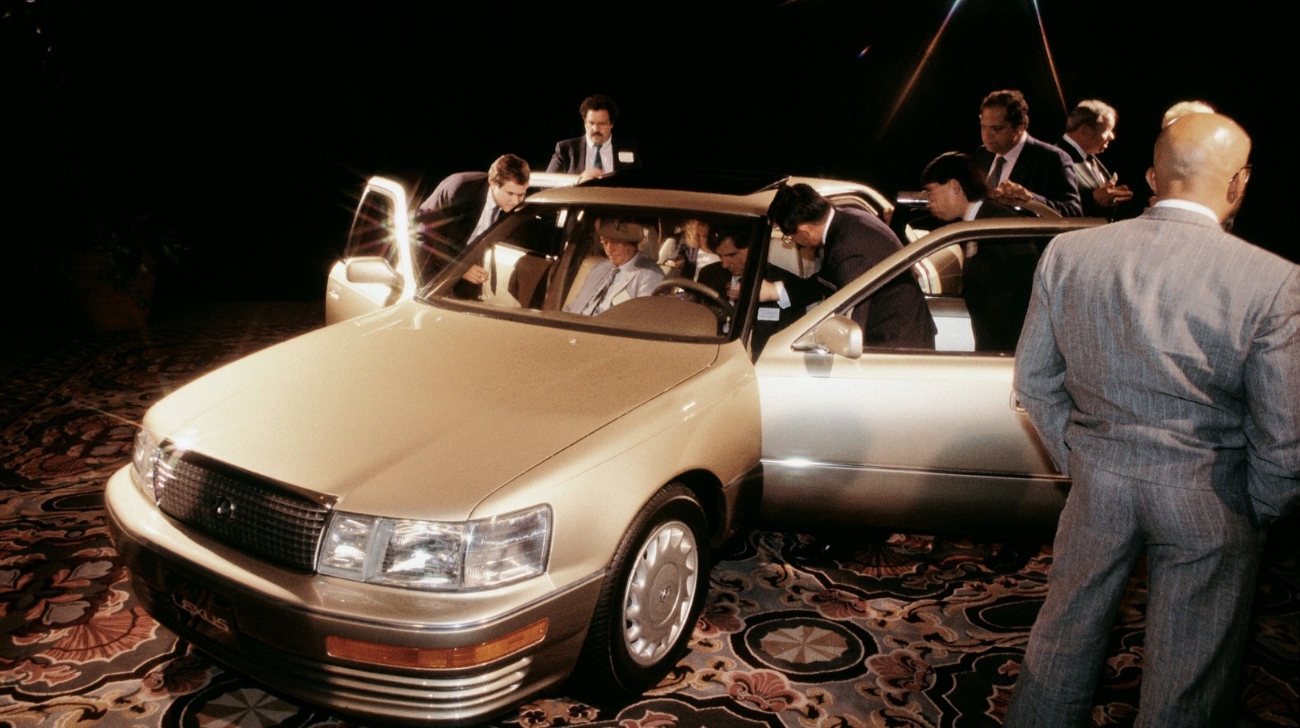
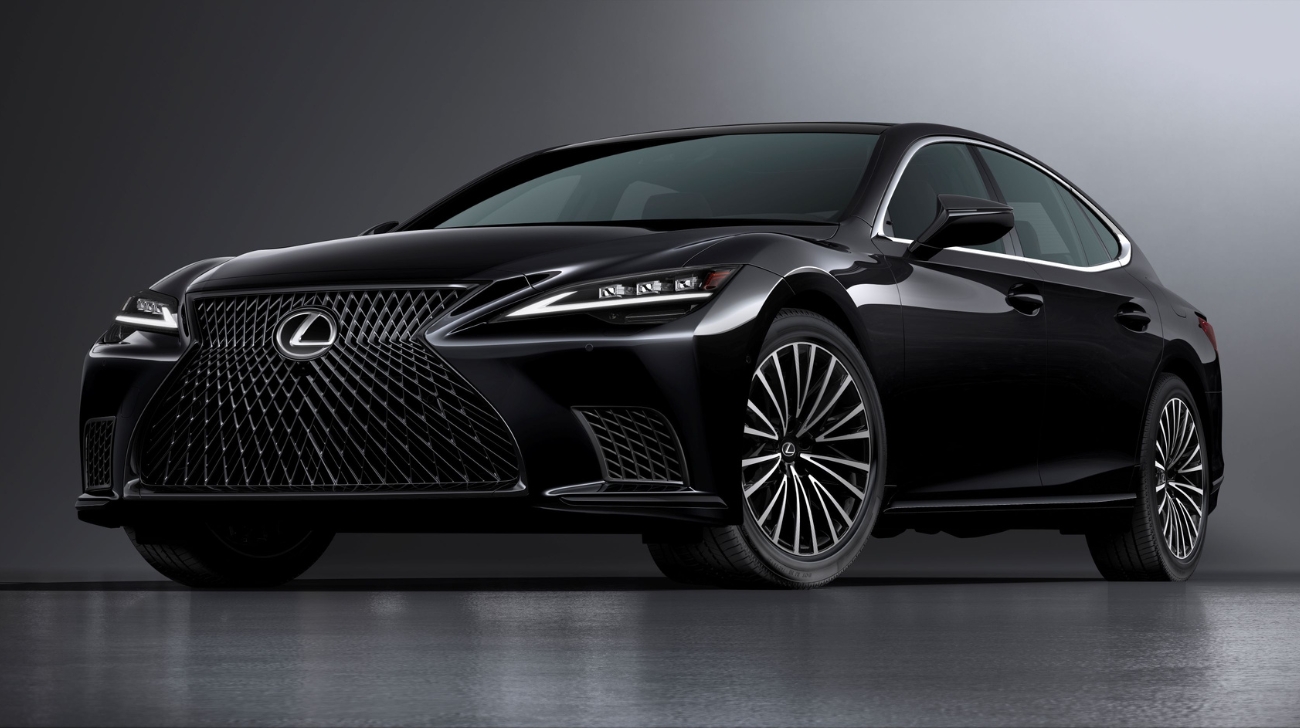
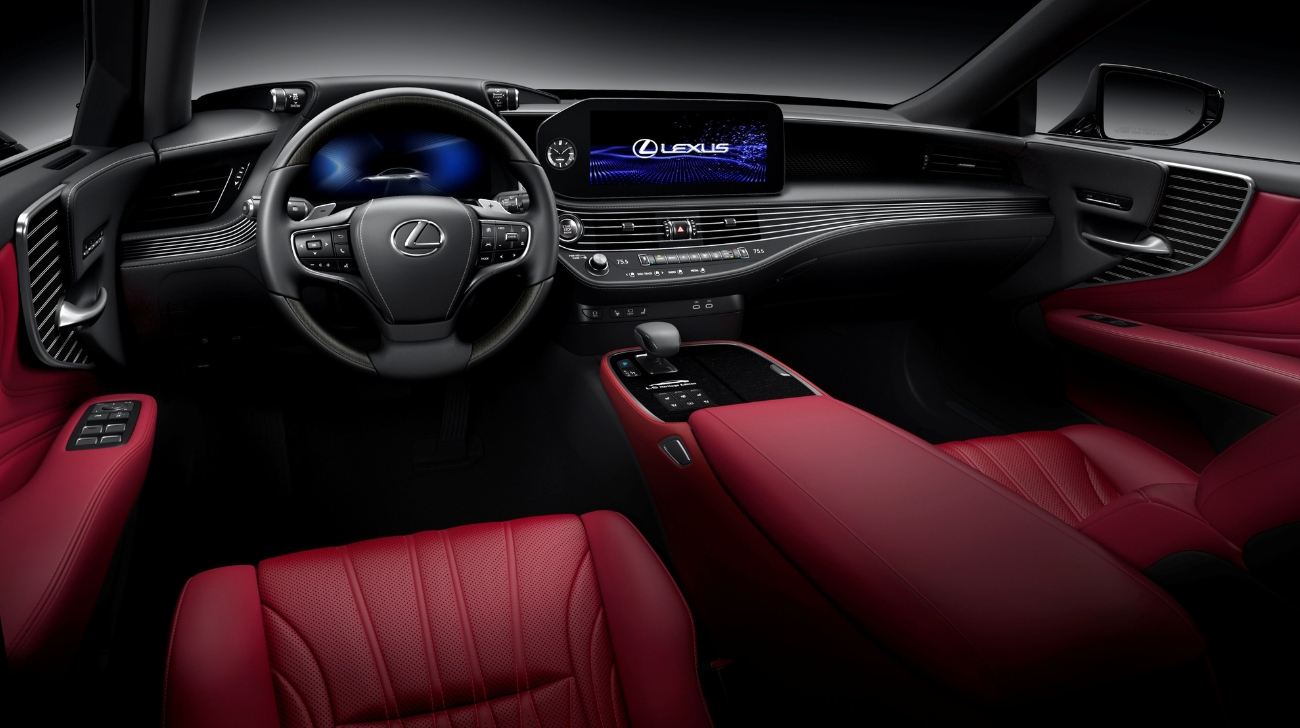


.webp)
